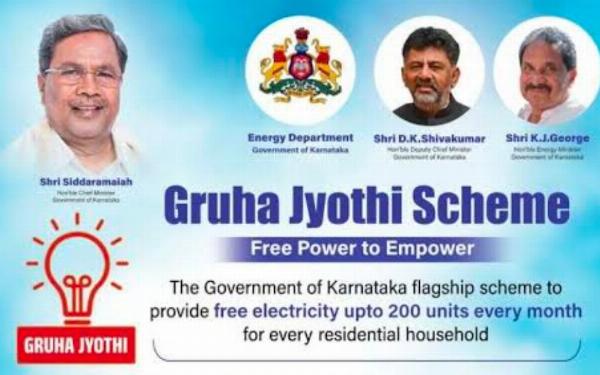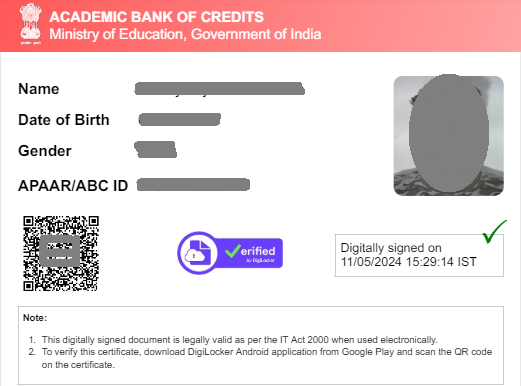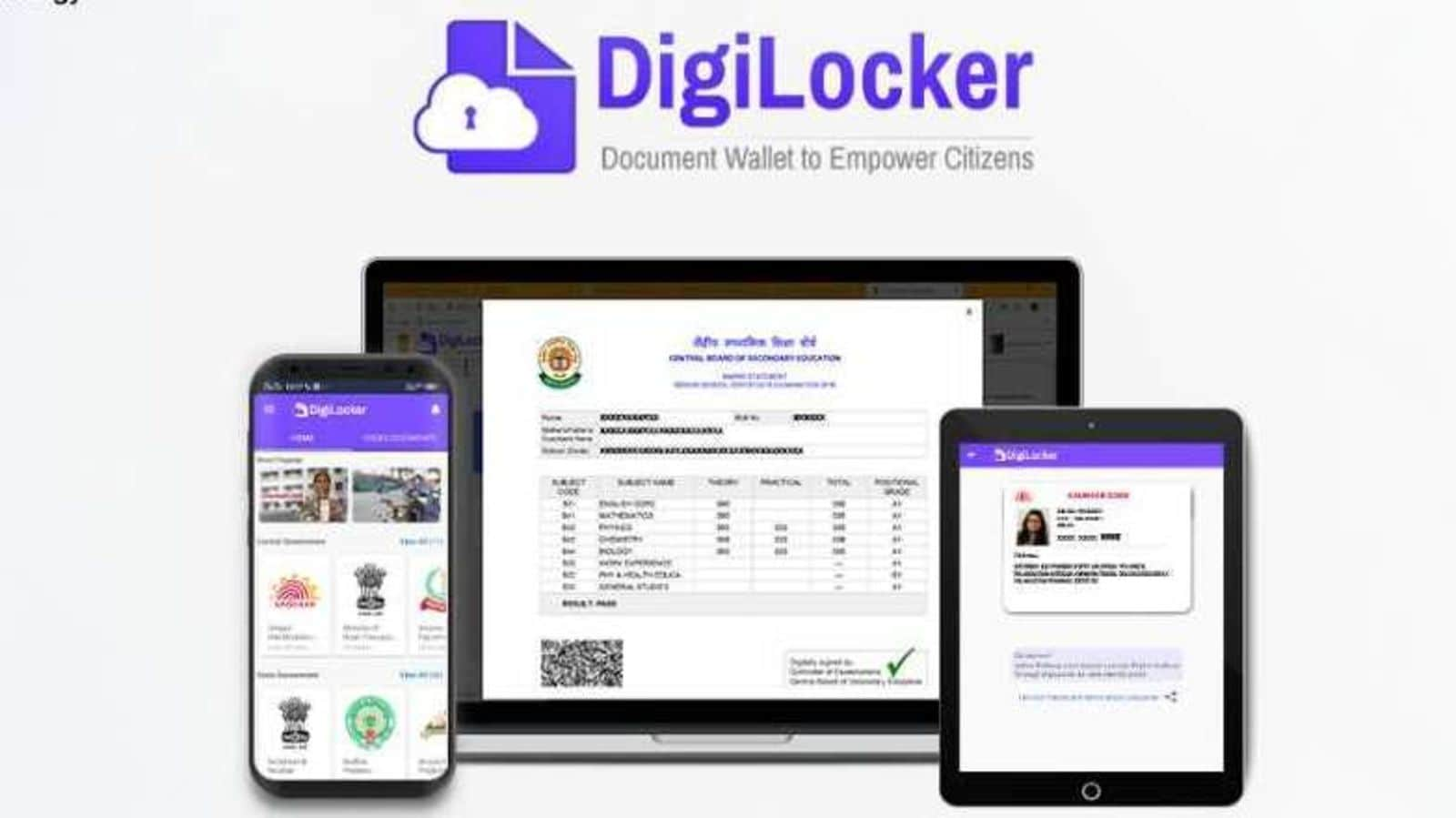Gruha Jyothi Scheme: Illuminating Lives in Karnataka

Strong 8k brings an ultra-HD IPTV experience to your living room and your pocket.
The Gruha Jyothi Scheme is a significant initiative launched by the Government of Karnataka aimed at providing free electricity to households. This scheme is part of the state’s broader efforts to improve the standard of living for its residents, particularly those from economically disadvantaged backgrounds. By alleviating the financial burden of electricity costs, the Gruha jyothi scheme seeks to ensure that every household can access this essential utility without financial strain.
Overview of the Scheme
Inception and Objectives
The Gruha Jyothi Scheme was introduced as a key promise in the 2023 election manifesto of the Congress party in Karnataka. Upon forming the government, the scheme was swiftly rolled out, reflecting the administration's commitment to fulfilling its pledges to the electorate. The primary objectives of the scheme are:
- To provide up to 200 units of free electricity per month to households.
- To support low and middle-income families by reducing their monthly expenses.
- To promote energy conservation and efficiency among consumers.
Eligibility Criteria
The scheme targets the general populace of Karnataka with specific eligibility criteria to ensure that the benefits reach those who need them the most:
- Applicable to all domestic households in Karnataka.
- Households must have a valid electricity connection under any of the state’s electricity distribution companies.
- Beneficiaries are required to maintain their electricity consumption within the specified limit of 200 units per month to avail the free electricity.
Implementation Mechanism
The implementation of the Gruha Jyothi Scheme involves several key steps:
1. Registration: Eligible households need to register for the scheme through the official portal or designated centers. Necessary documentation includes proof of residence and a valid electricity bill.
2. Monitoring Consumption: Electricity consumption is monitored monthly to ensure it remains within the 200-unit limit. Smart meters and regular billing cycles help in tracking and managing consumption.
3. Billing Adjustments: Households consuming up to 200 units per month receive their electricity free of charge. For consumption beyond this limit, standard rates apply only to the excess units.
Impact and Benefits
Economic Relief
One of the most immediate benefits of the Gruha Jyothi Scheme is the economic relief it provides to households. By covering the cost of up to 200 units of electricity, families can allocate their financial resources to other essential needs such as education, healthcare, and nutrition.
Increased Access to Electricity
The scheme ensures that even the most economically vulnerable households can afford continuous access to electricity, which is crucial for various daily activities including lighting, cooking, and studying.
Encouragement of Energy Efficiency
By setting a consumption cap, the scheme implicitly encourages households to be mindful of their energy usage, promoting habits that can lead to greater energy conservation and environmental benefits in the long term.
Reduction in Financial Stress
Regular and predictable access to free electricity reduces the financial stress on households, particularly those with low and unpredictable incomes. This stability can contribute to overall improved mental and emotional well-being.
Challenges and Criticisms
While the Gruha Jyothi Scheme has been widely praised, it is not without its challenges and criticisms:
- Financial Sustainability: There are concerns about the long-term financial sustainability of providing free electricity, especially given the significant costs involved. Critics argue that this could strain the state’s finances or lead to higher tariffs for other consumers.
- Implementation Hurdles: Ensuring accurate monitoring and preventing misuse of the scheme are logistical challenges. There is a need for robust systems to track consumption and prevent fraudulent claims.
- Energy Consumption Cap: The 200-unit cap, while promoting energy efficiency, may be insufficient for larger families or those with higher energy needs, potentially leading to disputes or dissatisfaction.
Future Prospects
To address these challenges, the Karnataka government may consider:
- Periodic Reviews: Regular assessments of the scheme’s impact and financial sustainability can help in making necessary adjustments.
- Public Awareness Campaigns: Educating the public on energy conservation techniques can help households stay within the consumption limit while maximizing the scheme’s benefits.
- Infrastructure Improvements: Investing in smart grids and meters can enhance the accuracy and efficiency of the scheme’s implementation.
Conclusion
The Gruha jyothi scheme represents a bold and ambitious effort by the Karnataka government to provide essential support to its residents. By ensuring free access to electricity for households consuming up to 200 units, the scheme not only alleviates financial burdens but also promotes energy efficiency and equitable access to resources. As the scheme evolves, continuous evaluation and adaptive measures will be crucial to maintaining its success and sustainability, ultimately contributing to the improved well-being of Karnataka's populace.
Note: IndiBlogHub features both user-submitted and editorial content. We do not verify third-party contributions. Read our Disclaimer and Privacy Policyfor details.







